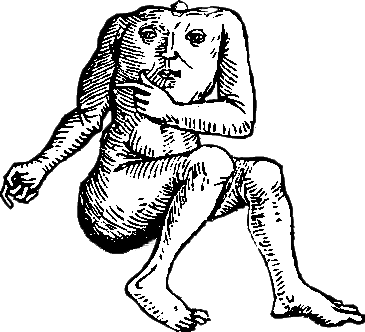TRANSLATOR: ELLEN ELIAS-BURSAC
Ellen Elias-Bursac is the president of the American Literary Translators Association. She has been translating literature from Bosnian, Croatian, and Serbian writers since the 1980s and served as a translator on the International Criminal Tribunal for the former Yugoslavia, which investigated crimes commited during the Yugoslav Wars.
What is your approach to translating creative works, from the strict maintaining of sequence of words and prosody to translation as the creation of an original work? And having now translated a number of works by Dubravka Ugrešić, does your approach to translation change when approaching her writing?
Though I have thought of myself for years as a translator who sticks close to an author’s wording, in fact my first commitment is to preserving sentence length, wherever possible, while I often fiddle with word and phrase order within sentences.
Dubravka Ugrešić is more serious about paragraph organization than she is about sentence length. Her essays and stories often link, contrast, offset, and challenge ideas and images, each of which is presented in a small cluster of paragraphs set apart from each other by blank spaces, with the first paragraph that follows the blank space starting without an indent. This is an essential feature of her writing which I regularly have to defend to her publishers.
I work to preserve the logic of images and metaphors if I can, though I find that sometimes, particularly in Dubravka Ugrešić’s writing, ironic use of English-language cliches adds punch to her voice.
Particularly in her essays, I have found the greatest challenge is conveying both her indignation and her humor. In the same passage she may be both bleak and cheery, poignant and tough as nails, endearing and bristling.
She has spent her lifetime as a writer mulling over certain themes, and one of the joys of following her writing for forty years has been seeing how these themes have evolved over time, matured, shifted, and deepened, and allowing the evolving nuances to be visible in the translation.
Your translations include works originally written in Bosnian, Croatian, and Serbian. Given the history between these nations and your own history living and working in Zagreb as well as for the International Criminal Tribunal, how much does politics play in your selection of works for translation? And how, more generally, do you choose what to translate?
I started out translating the work of a number of different writers in Croatia because I was living in Zagreb then. Not long before the war I became interested by the writing of David Albahari, a Jewish writer in Belgrade who has an intriguing experimental approach to prose, and started what has become a lifelong involvement in translating his work. I did feel it was important to continue translating both Serbian and Croatian writers whose work I admired throughout the war, to avoid being pigeonholed as a translator of only one of these literatures.
Dubravka Ugrešić and I met in the 1980s as members of the same Zagreb cultural circle and at first I helped her out with an occasional short text. At that point Celia Hawkesworth and Michael Henry Heim were translating her essays and novels. The first book of Ugrešić’s writing I translated was Nobody’s Home, which came out in 2008—the inaugural publication of Open Letter Books.
Both Albahari and Ugrešić are postmodern writers who have always been allergic to nationalism, and as that was my predilection as well, my support of their work was a way of pushing back against the shrinking horizons imposed by the wartime culture of the 1990s. I have translated fewer Bosnian writers, but am particularly fond of the wildly inventive stories of Karim Zaimović, a brilliant young writer who was killed near the end of the siege of Sarajevo, before he had the chance to turn his ludic radio shows into the graphic novels he dreamed of publishing.
As to how I choose what to translate, early on I shopped translations around myself until I found a publisher. But more recently authors have come to me when they’ve found a publisher, or the publishers themselves approach me. Recently I have been exploring ways to collaborate with other translators on projects, and I have found these collaborations refreshing and worthwhile.
With such a wide experience in translation from working on the International Criminal Tribunal for the former Yugoslavia [ICTY] to your work now as President of American Literary Translators Association [ALTA], how have your many positions shaped and informed your visions of the role of translation (in its many incarnations) in the world today?
My six years at the ICTY taught me to think about the position of power of translators—no matter what they are translating, be it literature or documentary evidence of war crimes—as they negotiate their way between whoever has hired them to translate and the voices of the witnesses (at the ICTY) or authors (in the world of publishing) they are conveying. Hence my choice of “working in a tug-of-war” as the title for the book I wrote about the way translation and interpreting shaped the trials at the ICTY. Translation was front and center at the ICTY in every interaction, discussed and disputed every day in the courtroom and we in the translation units were often called upon to defend our choices. The work we do at ALTA to advance our profession as literary translators is not so different. Our ALTA conference on the nuts and bolts of what we do every day as translators, on teaching translation, on translation into English as a second language, on publishing, all these topics are essentially examining our powers and responsibilities as literary translators. The role of translation today is to query languages, query the power relations in culture, query our own and others’ assumptions about writing, literature, voice, and therein lies our power as literary translators.

